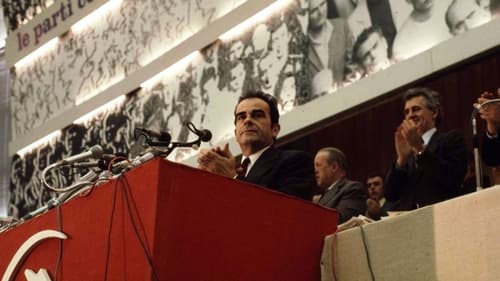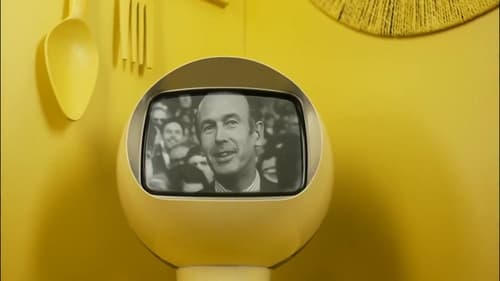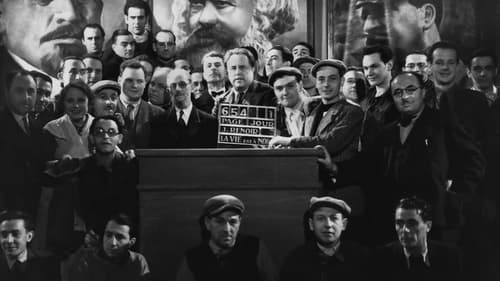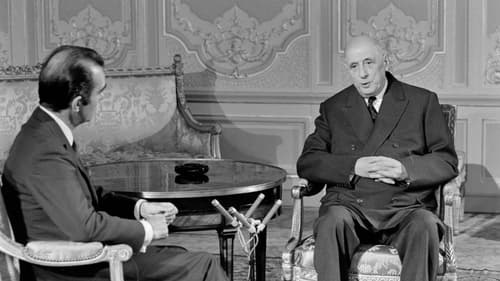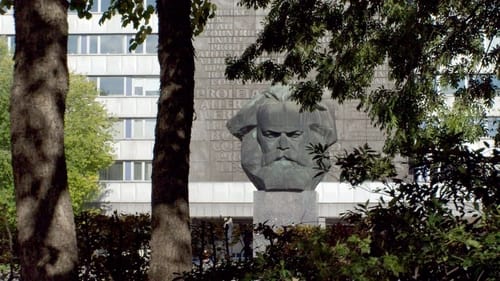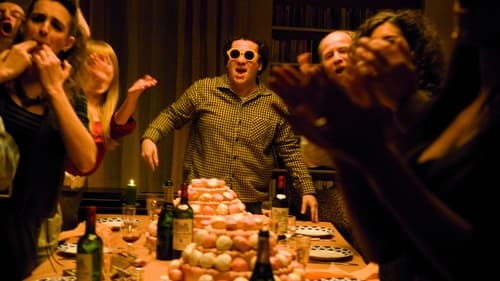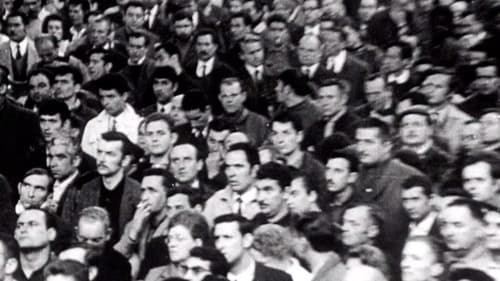Georges Marchais
Nacimiento : 1920-06-07, La Hoguette, Calvados, France
Muerte : 1997-11-16
Historia
Georges René Louis Marchais (7 June 1920 – 16 November 1997) was the head of the French Communist Party (PCF) from 1972 to 1994, and a candidate in the French presidential elections of 1981.
Born into a Roman Catholic family, he became a mechanic, just before the beginning of World War II, with the Société Nationale d'Étude et de Construction de Moteurs d'Aviation. After the fall of France, he went to Nazi Germany to work in the Messerschmitt aircraft manufacturing plant. He returned to France in May 1943 with forged documents. In 1946, he became secretary of the metalworkers' trade union in Issy-les-Moulineaux, and advanced in the Confédération générale du travail in his commune from 1951, becoming secretary of the Seine Metallurgical Workers' Union Federation from 1953 to 1956.
He joined the French Communist Party in 1947. In 1956, he was appointed a member of the extended Central Committee and lead the South-Seine PCF local federation, in the bastion of Maurice Thorez, the historical leader of the Party. Three years later, he became a full member of the Central Committee and of the Politburo. His lightning promotion was explained by his professional origins and his devotion to Thorez. Indeed, he was part of the young guard of the General Secretary which participated to the strengthening of Maurice Thorez's leadership, which was covertly disputed by some members of the Politburo (Laurent Casanova and Marcel Servin). In 1961, after the ousting of these, he was nominated secretary for organization. Then, he supported the new General Secretary Waldeck Rochet and in his policy of conciliation with the other left-wing parties. In reaction to the riots of May 1968, in a controversial article published in the party's paper L'Humanité, Marchais showed his contempt for Daniel Cohn-Bendit by calling him a "German anarchist". He accused some students of being "false revolutionaries" coming from the bourgeoisie. From then on, he was one of the personalities intervening in the media in the name of the PCF.
When Rochet fell ill, in 1970, he was promoted junior General Secretary. In fact, he was at this moment the real leader of the PCF. In this, he co-signed the Common Programme with the Socialist Party (PS) and the Movement of Left Radicals (MRG) in June 1972. From 1973 to 1997, he was deputy of Val de Marne département, a southern Paris suburb. ...
Source: Article "Georges Marchais" from Wikipedia in English, licensed under CC-BY-SA 3.0.

